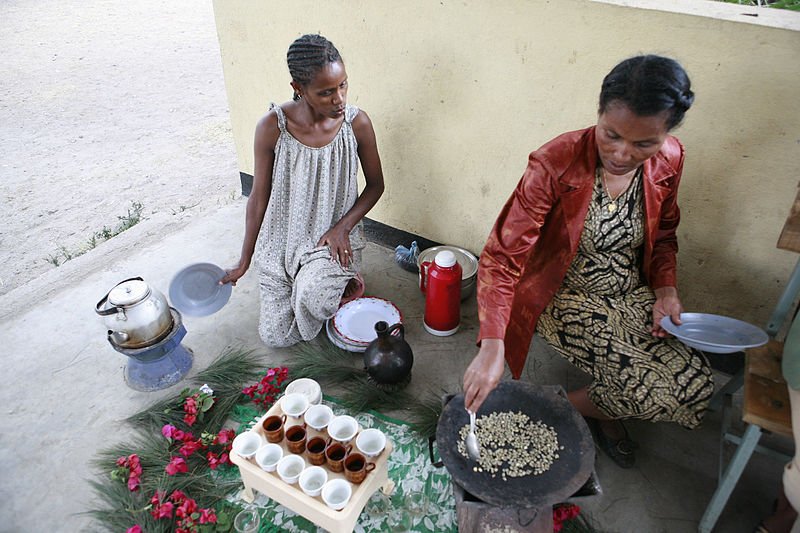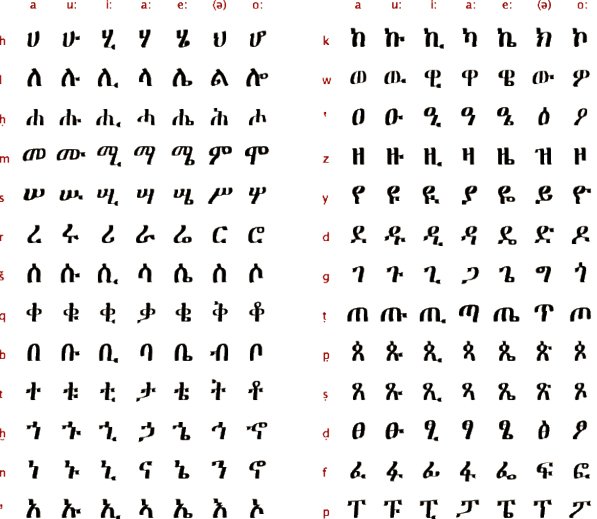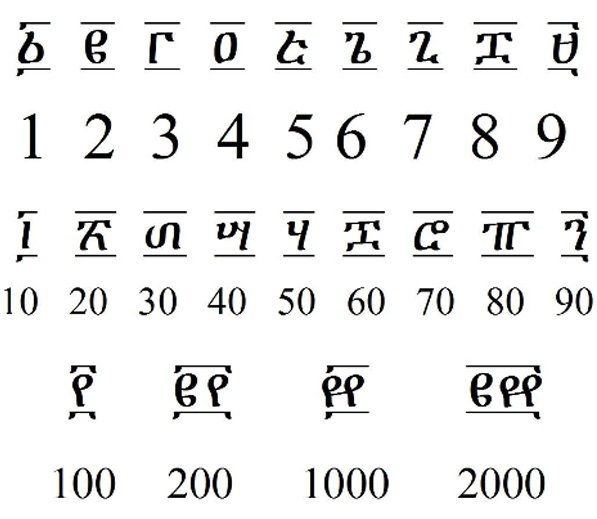
CULTURE
Ethiopia is the second-most populous African country with a population of 109 million in 2018. According to the Ethiopian national census of 2007 of Ethiopia, the Oromo are the largest ethnic group in Ethiopia, at 34.4% of the nation’s population while the Amhara represent 27.0% of the country’s inhabitants. Somalis and Tigrayans represent 6.2% and 6.1% of the population, respectively. Ethiopia is a cultural melting pot of people with an immensely diverse ethnic and linguistic background. Ethiopia has more than 80 different ethnic groups, each with its own language, culture, customs and traditions. Amharigna (Amharic) is the national working language, but other languages such as Oromiffa, Tigrigna, Somali, Harari, Gurage are widely spoken locally.
Ethiopia has its own unique alphabet known locally as Fidel, derived from Ge’ez, which is one of the oldest languages in the world. Fidel evolved from the ancient alphabet used by the pre-Axumite and Axumite civilisations of northern Ethiopia. Ethiopia also has a different numeric system (Ge’ez numerals), which are used only by the Ethiopian Orthodox churches together with the Ge’ez language.
According to the 2007 National Census of Ethiopia, Christians make up 62.8% of the country’s population whereas Muslims are 33.9%. Christianity in Ethiopia dates back to the ancient Kingdom of Aksum when King Ezana first adopted the faith. This makes Ethiopia one of the first regions in the world to officially adopt Christianity. Islam in Ethiopia dates back to the founding of the religion in 615 when a group of Muslims were counselled by Muhammad to escape persecution in Mecca and travel to Ethiopia via modern-day Eritrea, which was ruled by a pious Christian king.
Negash, a place in the Tigray region (Northern Ethiopia), is considered as the earliest Muslim settlement in Africa.
Ethiopia has its own calendar, Ethiopian calendar also called Ge’ez calendar that is based on the Coptic calendar. Ethiopian calendar has twelve months of exactly 30 days each plus five or six epagomenal days, which comprise a thirteenth month called Puagume. Ethiopians celebrate New Year, knows as Enkutatash, on September 11 in Gregorian calendar except for the year preceding a leap year, when it occurs on September 12. Time in Ethiopia is counted differently from most countries. The Ethiopian day is calculated as beginning at 06:00 as opposed to 00:00, coinciding with sunrise throughout the year.


Ge’ez alphabet and numbers





